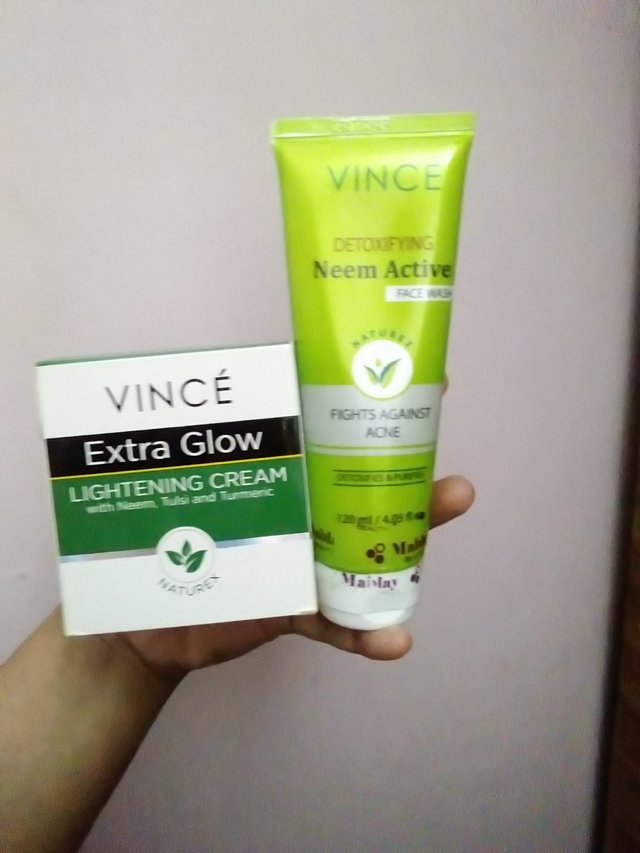.jpeg)
Hello everyone ☺️ how r u all ? Hope you doing well and healthy 💖
Acne is a common skin condition where the pores of your skin become blocked by hair, sebum (an oily substance), bacteria and dead skin cells. Those blockages produce blackheads, whiteheads, nodules and other types of pimples. If you have acne, know you're not alone.
There are many suggested home remedies for acne, but not all of them are supported by research.
Diet:
It is unclear what role diet plays in worsening acne. Scientists have found that people who consume a diet that offers a good supply of vitamins A and E and of zinc may have a lower riskTrusted Source of severe acne. One review describes the link between acne and diet as “controversial,” but suggests thatTrusted Source a diet with a low glycemic load may help.
.jpeg)
Tea-tree oil: Results of a study of 60 patients published in the Indian Journal of Dermatology, Venereology, and Leprology suggested that 5-percent tea-tree oil may help treat Trusted Sourcemild to moderate acne.
.jpeg)
If you want to buy tea-tree oil, then there is an excellent selection online with thousands of customer reviews.
Tea:
There is some evidenceTrusted Source that polyphenols from tea, including green tea, applied in a topical preparation, may be beneficial in reducing sebum production and treating acne. However, the compounds in this case were extracted from tea, rather than using tea directly.
.jpeg)
Moisturizers:
These can soothe the skinTrusted Source, especially in people who are using acne treatment such as isotretinoin, say researchers. Moisturizers containing aloe vera at a concentration of at least 10 percent or witch hazel can have a soothing and possibly anti-inflammatory effect.
.jpeg)
Causes
Human skin has pores that connect to oil glands under the skin. Follicles connect the glands to the pores. Follicles are small sacs that produce and secrete liquid.
The glands produce an oily liquid called sebum. Sebum carries dead skin cells through the follicles to the surface of the skin. A small hair grows through the follicle out of the skin.
Pimples grow when these follicles get blocked, and oil builds up under the skin.
Skin cells, sebum, and hair can clump together into a plug. This plug gets infected with bacteria, and swelling results. A pimple starts to develop when the plug begins to break down.
Propionibacterium acnes (P. acnes) is the name of the bacteria that live on the skin and contributes to the infection of pimples.
Research suggestsTrusted Source that the severity and frequency of acne depend on the strain of bacteria. Not all acne bacteria trigger pimples. One strain helps to keep the skin pimple-free.
Hormonal factors
A range of factors triggers acne, but the main cause is thought to be a rise in androgen levels.
Androgen is a type of hormone, the levels of which rise when adolescence begins. In women, it gets converted into estrogen.
Rising androgen levels cause the oil glands under the skin to grow. The enlarged gland produces more sebum. Excessive sebum can break down cellular walls in the pores, causing bacteria to grow.
Other possible triggers
Some studies suggest that genetic factors may increase the risk.
Other causes include:
some medications that contain androgen and lithium
.greasy cosmetics
.hormonal changes
.emotional stress
.menstruation
.Treatment
Treatment depends on how severe and persistent the acne is.
what I m using ?
M using these two products for my acne I saw these products online and I road all the views about it then I ordered .it's really affective for my skin and it works I can say that worth buying.

Thank you .
Hope u like my research about acne .
Regards: @kunwal
@secretbeauty @steemit